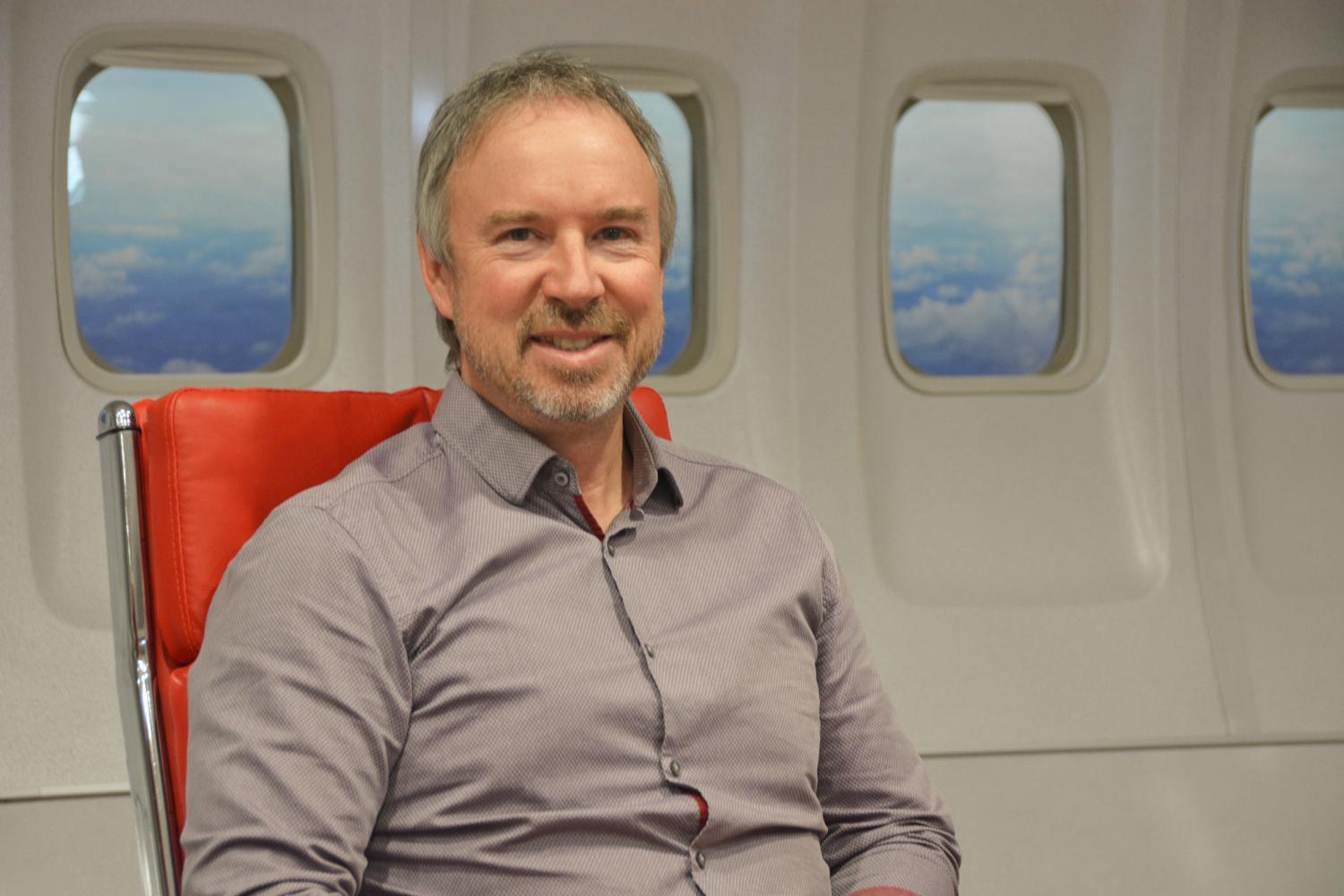
Having navigated a challenging 12 months, Canadian MRO KF Aerospace is building for a post-crisis market. Gregg Evjen, the company's VP, engineering and maintenance, talks about why a diversification of its capabilities will be a critical part of its future strategy.
How has KF Aerospace navigated the global crisis of the past year? Has it changed its strategy in any form, such as adding new capabilities or realigning targets?
The pandemic has driven a slight shift in the type of work we are able to successfully acquire during these difficult times and has kept us busy sourcing projects and customers in areas of aviation less affected by the pandemic. We have been pursuing modification and maintenance work related to the air cargo sector, which for the most part has been in high demand through the pandemic. This has resulted in an increase in Boeing 737-400/800 freighter conversion lines at KF as well as a few new Cargo operator maintenance contracts. KF also took the opportunity to accomplish passenger to freighter conversions on some of our own B737-400 aircraft that were returned from leases. With the increase in aircraft lease returns KF has also expanded its capabilities to provide import and export services to assist with the transition of aircraft to new operators and new regulatory jurisdictions.
Has KF Aerospace used the crisis to innovate in anyway? If so, which initiatives across the business come to mind?
KF has taken advantage of gaps in our schedule to further accelerate some of our continuous improvement initiatives. Our focus is on MRO operations performance which includes initiatives such as enhanced preplanning. KF has a significant amount of maintenance check data that our data analysts can mine to take us from proactive to predictive maintenance planning. Other continuous improvement initiatives include the development of better project management processes and tools, as well as digital maintenance. The MRO industry is a very competitive environment which drives a constant need for monitoring and improving efficiencies.
KF has also invested significantly in training our staff, including the addition of a few new aircraft types to our offering. This helps ensure we are able to support our existing customers who may be considering fleet changes and strengthens our position to take advantage of the upswing once the industry starts to return to normal.
How do you see the MRO labor market in Canada changing as a result of COVID-19?
As most are aware, the labor shortage in aviation pre-COVID-19 was a big issue. For KF, the aircraft maintenance engineer shortage was a growth limiter to our MRO. I believe that COVID-19 has further exacerbated this issue. Many engineers have take early retirement and some have been forced to exit the industry to find work. To add to this, enrolment for aircraft maintenance programs is down from previous years, likely since it is one of the industries hardest hit by COVID-19. On top of that class sizes have been limited due to COVID-19 restrictions put in place by the government. While the labor shortage for some may not be a factor coming out of COVID-19, once the industry begins to return to “normal” levels, the problem will be worse than it was pre COVID-19.
The link with Mohawk College at our Hamilton facility mirrors the link we have with Okanagan College at our Kelowna facility. These relationships definitely play a key role in how KF is dealing with the AME shortage. We have developed a very close working relationship with Mohawk and Okanagan College and support each other with respect to maintenance training development and innovative solutions.
KF has also developed internal apprentice programs to help accelerate engineering skills and knowledge. This involves both classroom and hands on workbench training. We have also developed internal programs for our aircraft service technician’s (non AME) which involve full scale mock-ups of fuselage interiors and programs for our painters which involves training on actual aircraft fuselage sections.
As an independent MRO, how do you see the role of companies like KF Aerospace evolving long-term?
Part of KF’s success as an MRO is that we are a “one stop shop” for aircraft maintenance and modifications. Having inhouse engineering, manufacturing, component overhaul, composites, heat treat and plating allows us to maintain control of most tasks and not have to deal with outsourcing delays that are out of our control. Maintaining work diversity is also important to KF. Significant structural and avionics modifications are a part of our DNA that goes back several decades. KF focuses on a balance between maintenance and modification work. This helps provide a balance in the type of work we do, whether its cargo or passenger aircraft related, and helps maintain a highly skilled workforce with respect to our aircraft maintenance engineers, our engineering department and our manufacturing department.
What lessons has the company learnt from the crisis of the past 12 months?
The biggest eye opener over the past 12 months has been the importance of a diverse work portfolio. While areas of our business linked to passenger aircraft has suffered significantly, other areas of our business are holding their own and we are even seeing some growth. The cargo operator side of the industry is still going strong for the most part. This has kept us busy with maintenance for our cargo operating customers, increased our freighter conversion programs and increased our freighter aircraft lease fleet.





